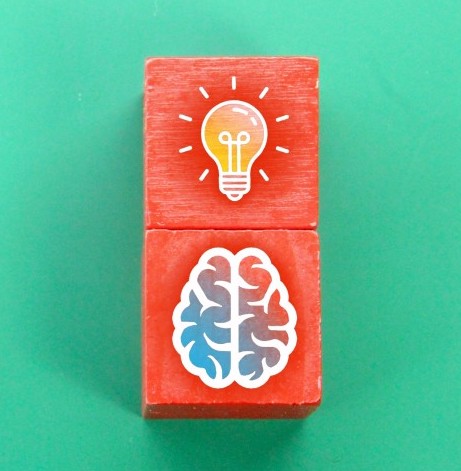
10 Tips for Building Resilience in Children and Teens
We tend to idealize childhood as a carefree time, but youth alone offers no shield against the emotional hurts, challenges, and traumas many children face. Children can be asked to deal with problems ranging from adapting to a new classroom Read more >>











